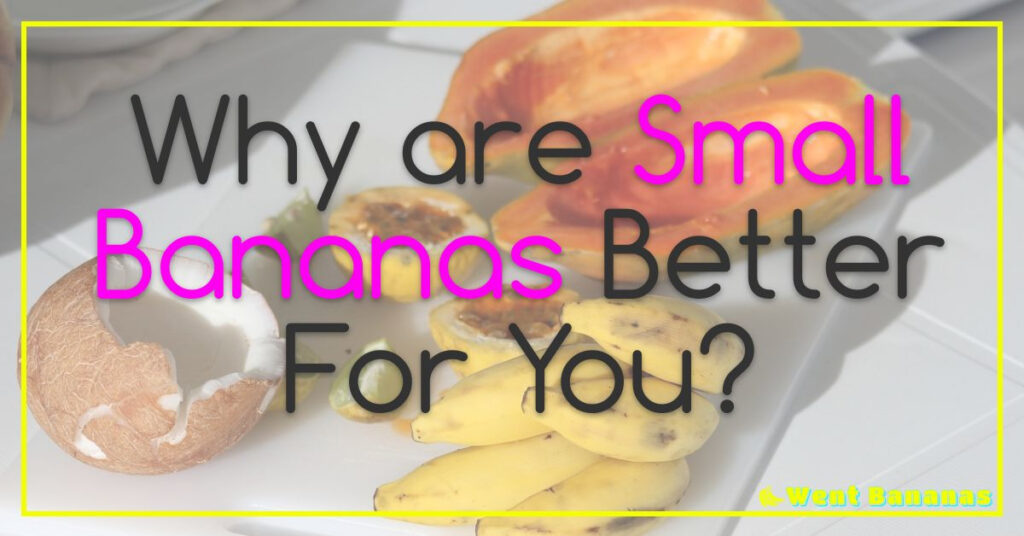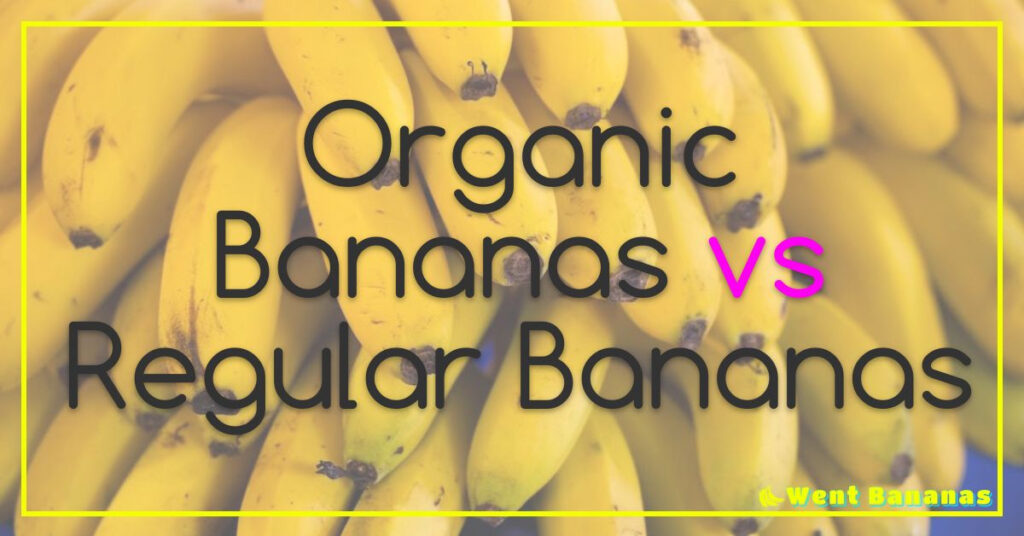Bananas and Histamine: All You Need to Know About This Fruit’s Effect on Your Body
Do you suffer from histamine sensitivity and wondering if you should add bananas to your low-histamine diet? Before you do, let`s dive into the basics of histamine and how it affects our bodies.

Histamine is a molecule that is naturally present in our bodies and is involved in several physiological processes. However, for some individuals, ingesting foods that contain high levels of histamine can trigger a range of unpleasant symptoms.
In this article, we will answer some of the most common questions about histamine, including which foods are typically high in histamine and whether bananas are low in histamine. We will also discuss the potential benefits and drawbacks of consuming bananas for histamine-sensitive individuals.
So if you are curious to learn more about bananas and histamine, keep reading!
What is histamine, and why does it matter?
Histamine is a chemical compound that plays a vital role in the human body. It is involved in various physiological processes, including immune response, digestion, and neurotransmission. In bananas, histamine can be found in small amounts and can cause allergic reactions in some individuals.
When consumed by sensitive individuals, histamine triggers an immune response that produces symptoms such as hives, itching, and swelling. This reaction occurs because histamine binds to specific receptors on cells called H1 receptors.
Histamine levels in bananas can vary depending on several factors such as ripeness and storage conditions. As the banana ripens, its histamine content increases due to the breakdown of amino acids into biogenic amines like histamine.
While some people may be sensitive to histamines found in bananas, it’s important to note that this compound plays essential roles in our bodies. Histamines are involved in regulating inflammatory responses and are important for maintaining overall health.
In conclusion, while it’s essential to be aware of potential allergens present in foods like bananas containing histamines for individuals with sensitivities or allergies – it’s equally crucial not to demonize this vital compound entirely. Its presence serves beneficial functions within our bodies that we cannot afford to neglect or overlook altogether.
What foods are typically high in histamines?
While bananas are a popular fruit choice for many, they may not be the best option for those with histamine intolerance. Histamine is a chemical that is naturally produced in the body and also found in certain foods. For individuals with histamine intolerance, consuming foods high in histamine can lead to uncomfortable symptoms such as headaches, hives, and stomach issues.
Some foods that are typically high in histamine include aged cheeses, fermented products like sauerkraut and kimchi, smoked meats and fish, and certain types of alcohol like red wine. However, bananas themselves are not known to be particularly high in histamine. In fact, they are often recommended as a low-histamine fruit option.
It’s important to note that individual tolerance levels can vary greatly when it comes to histamine-containing foods. Some people may be able to tolerate certain high-histamine foods while others cannot. It’s always best to listen to your body and consult with a healthcare provider if you suspect you have a histamine intolerance.
In conclusion, while bananas may not be high in histamines themselves they could still pose problems for some people depending on any other health conditions or intolerances they might have. It’s always good practice for people looking into their food choices more deeply if any symptoms arise from consuming them regularly or at all!
Are bananas low in histamine?

Bananas have long been touted as a healthy and nutritious fruit, but what about their histamine levels? For those with histamine intolerance or sensitivity, it’s important to know whether bananas are a low-histamine option.
Fortunately, the answer is yes – bananas are generally considered low-histamine. However, it’s important to note that individual tolerance levels can vary greatly. Some people may find that even small amounts of histamine-rich foods trigger symptoms, while others can consume moderate amounts without issue.
It’s also worth mentioning that the ripeness of a banana can affect its histamine level. Overripe bananas tend to have higher levels of biogenic amines like histamine than unripe or slightly ripe ones.
But overall, if you’re looking for a healthy and low-histamine snack option, bananas are definitely worth considering. Just be sure to pay attention to your own body’s response and adjust your intake accordingly.
The potential benefits and drawbacks of consuming bananas for histamine-sensitive individuals are.
Bananas are a popular fruit enjoyed by many, but for individuals with histamine sensitivity, the potential benefits and drawbacks of consuming them must be carefully considered.
On the one hand, bananas are high in important nutrients such as potassium and vitamin C. They also contain fiber which can aid in digestion and help regulate blood sugar levels. In addition, bananas have been shown to have anti-inflammatory properties which may be beneficial for those with certain health conditions.

However, for those with histamine sensitivity, bananas may trigger symptoms such as headaches, hives or digestive issues. This is because ripe bananas contain higher levels of histamine and biogenic amines which can cause an inflammatory response in sensitive individuals.
It’s important to note that not all individuals with histamine sensitivity will react negatively to bananas. Each person’s tolerance level may vary depending on their overall health and individual sensitivities.
In conclusion, while there are potential benefits to consuming bananas such as their nutrient content and anti-inflammatory properties, individuals with histamine sensitivity should approach them with caution. It’s recommended that they consult a healthcare professional or registered dietitian before incorporating them into their diet to ensure they do not experience adverse reactions.
Check out our other articles to find out even more about banana.
Bananas can be an excellent source of nutrition for some people and it’s important to understand the potential benefits and drawbacks when adding them into your diet. If you are histamine-sensitive, consuming bananas may provide some dietary benefits while also causing health issues in other cases. To learn more about bananas, their potential effects on a histamine-sensitive individual’s digestive system, as well as make informed decisions regarding their consumption – check out our other articles to find out even more about banana!

















